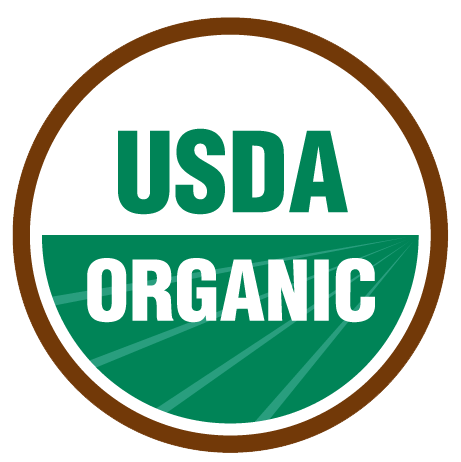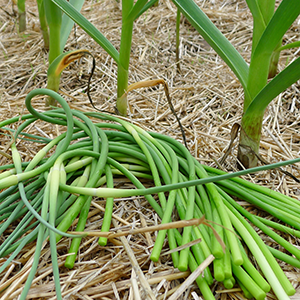
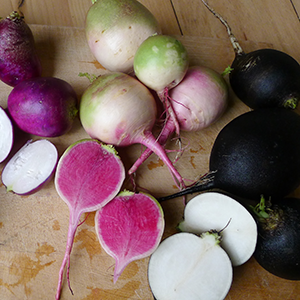
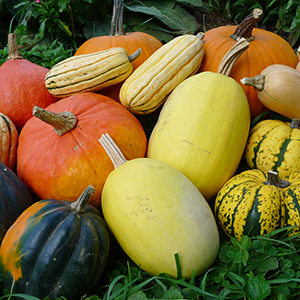
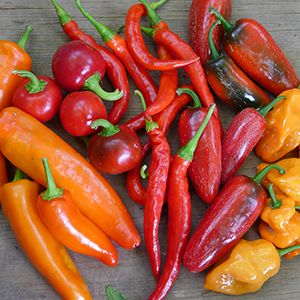
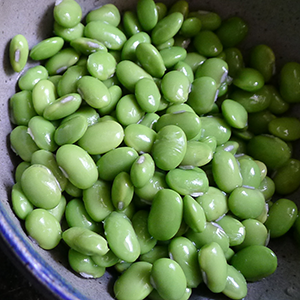
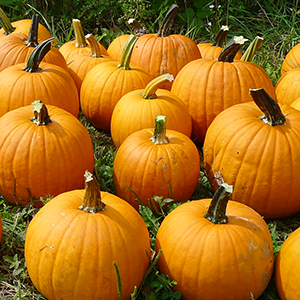



News and Notes | The Anchor Run Blog
Displaying a Single Post |
Show Recent Posts
March 23, 2020
This Moment
by Farmer Derek
This Moment
by Farmer Derek
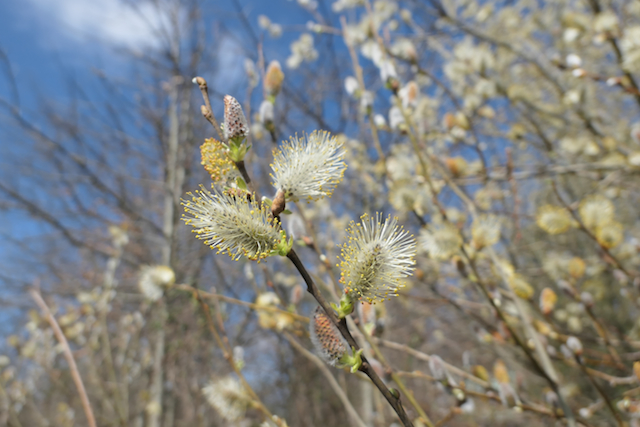
A harbinger of spring, the furry catkins of the Pussy Willow. There are only a few of these plants found on the farm.
Dear CSA Members,
We hope this note finds you well during this challenging and most interesting time. We're sending you some pictures of the farm to brighten your day and some updates to keep you informed as well as maybe provide something to read about other than that which I don't feel like naming. Spring has brought renewed life to the farm and with it some love and hope. If nothing else, wandering amidst the woods and agricultural fields teeming with other species rejoicing in this time of year, one can find solace, distraction. On the farm, besides having the kids permanently at home with us, not much else is different than it otherwise would be during this time of year, and thus we feel fortunate to work towards the annual robust goal of growing healthy nutritious organic produce for our CSA members. Perhaps we are spending more time than usual outside, trying to really maximize the comfort that a sunny spring day can bring. Swelling buds, blossoming flowers, singing frogs, slithering snakes, we're reminded we're not alone and that we're all part of this ecosystem on the farm. Caring for this land by interacting with other species is part of a bigger picture. Maybe this societal downtime will enable a reflexive reflective renewed connection to our total community.
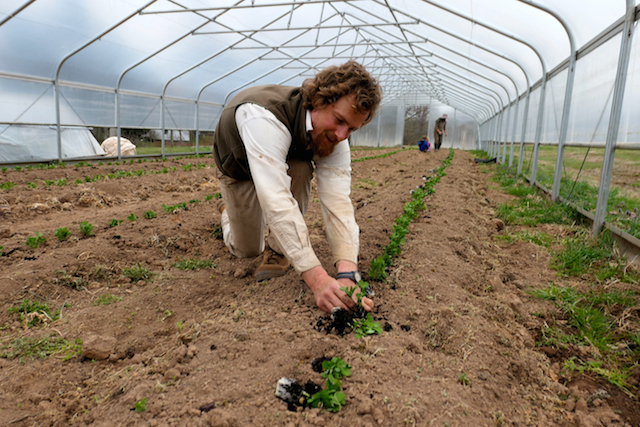
Transplanting authentic sugar snap peas into the Hoop Tunnel last week for what we hope is an early u-pick crop.
But that is bigger than me. I still need to focus on the daily tasks needed to grow high quality produce. We're also about to enter the month of April, and with that will commence the growing of plants outdoors. If the weather allows, next week we will transplant into raised beds beets, chard, kale, broccoli, cabbage, kohlrabi, lettuce, endive, escarole, radicchio, peas, turnips, and romaine. In the meantime we take care of those plants from seed to five-week old seedlings. Some need to be thinned, like the beets pictured below, because each seed is actually a dried fruit with up to five seeds and to reduce competition amongst themselves we try to give one of them more space to grow. Every tray of seedlings is removed from the comforts of the heated greenhouse and taken to the unheated hoop house where they'll 'harden off' by experiencing life with slightly more exposure, conditions more like what they might deal with in the field. We still adjust ventilation in there by raising and lowering the roll-up sides, and on nights threatening freezing temperatures we add an interior layer of row cover to make sure they're not damaged and because we don't want the pace of growth to slow down too much.
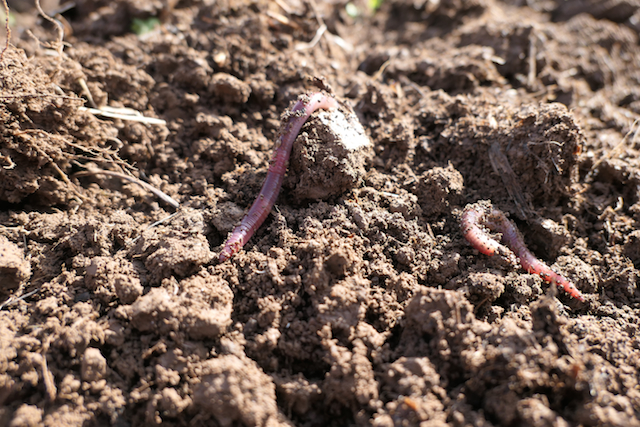
When chisel plowing a couple of weeks ago we were particularly impressed by the number of healthy fat worms found in the organic-matter-rich, friable, beautiful soil.

POSTS BY TYPE
POSTS BY MONTH
